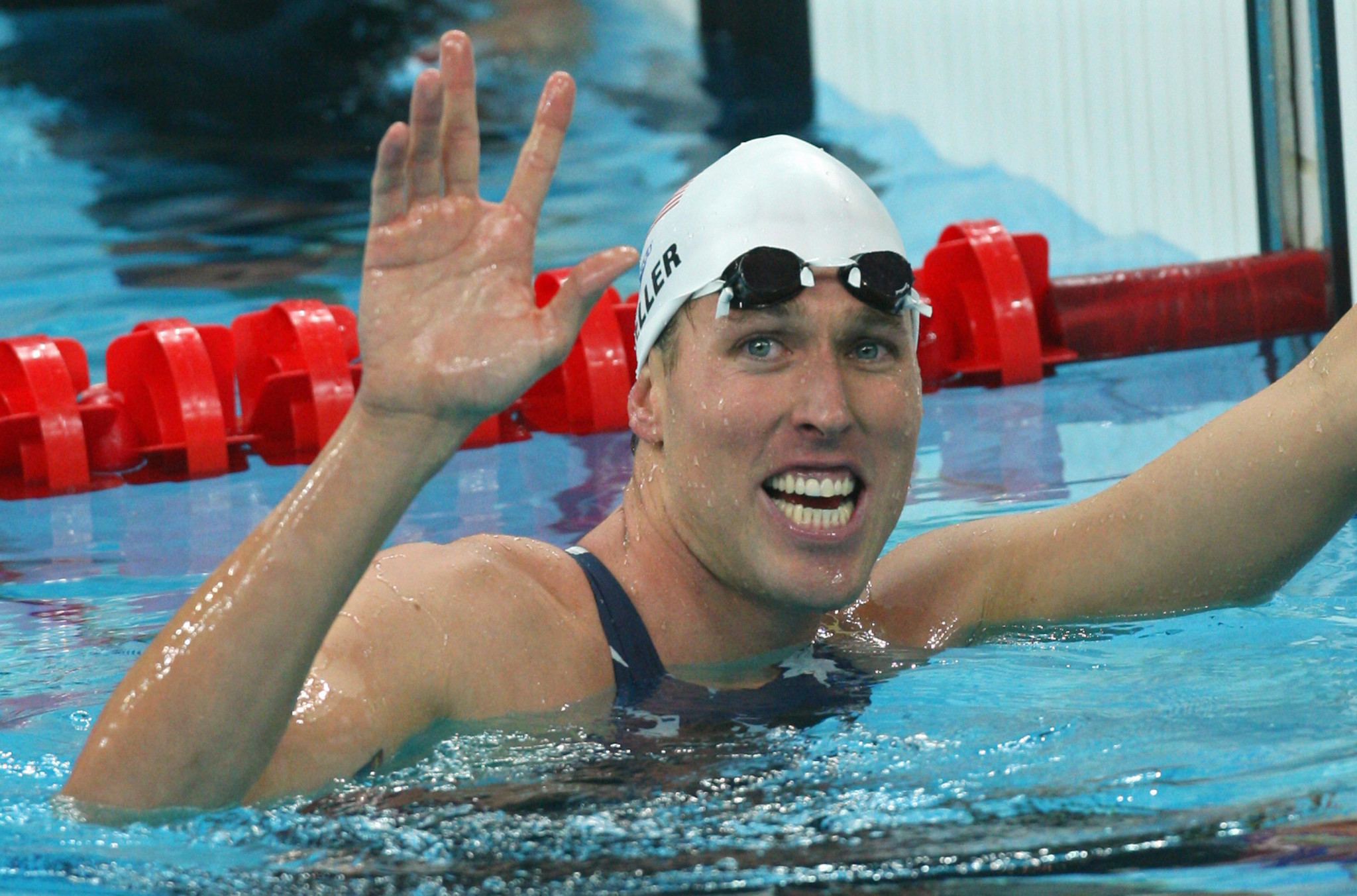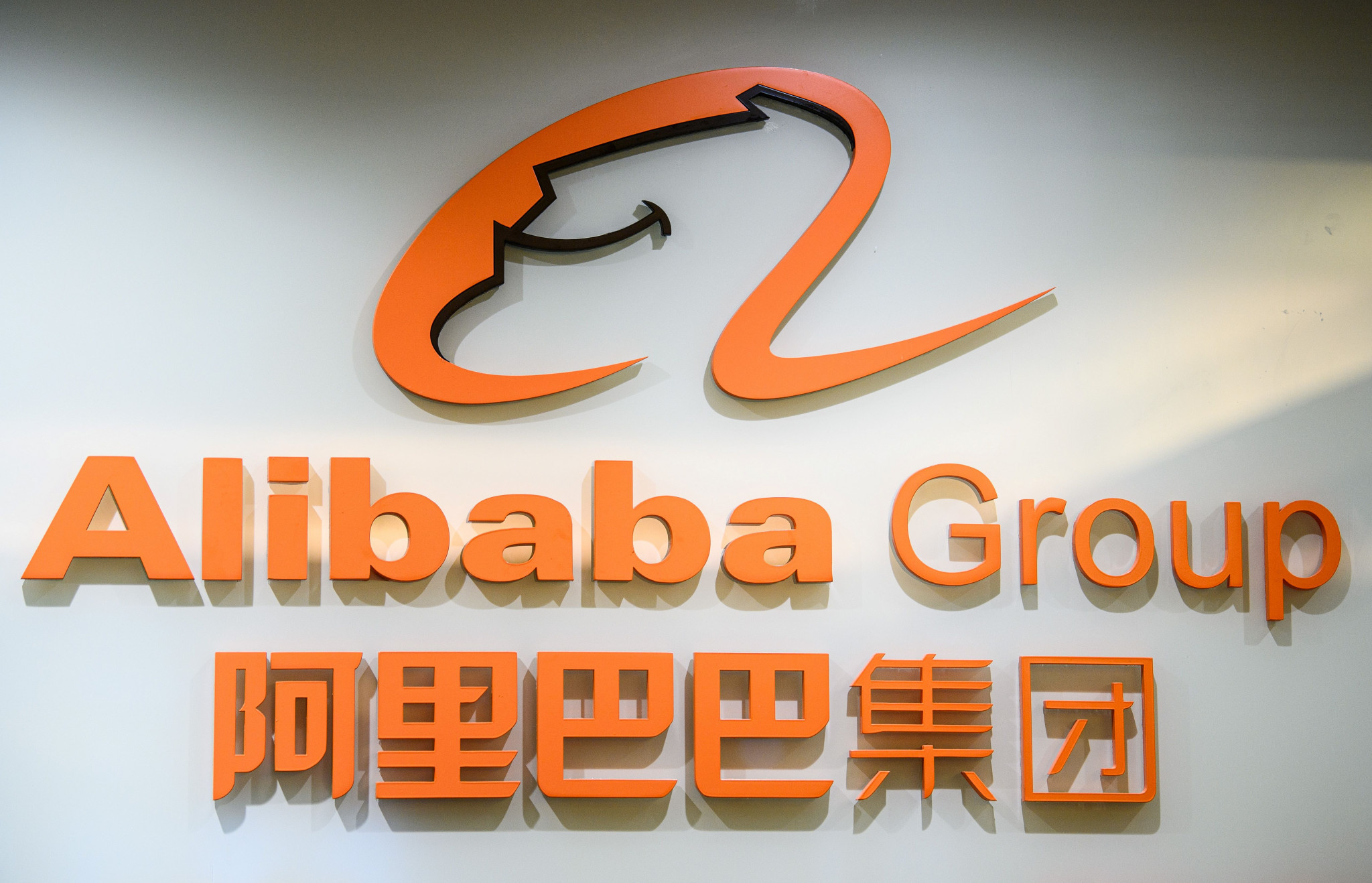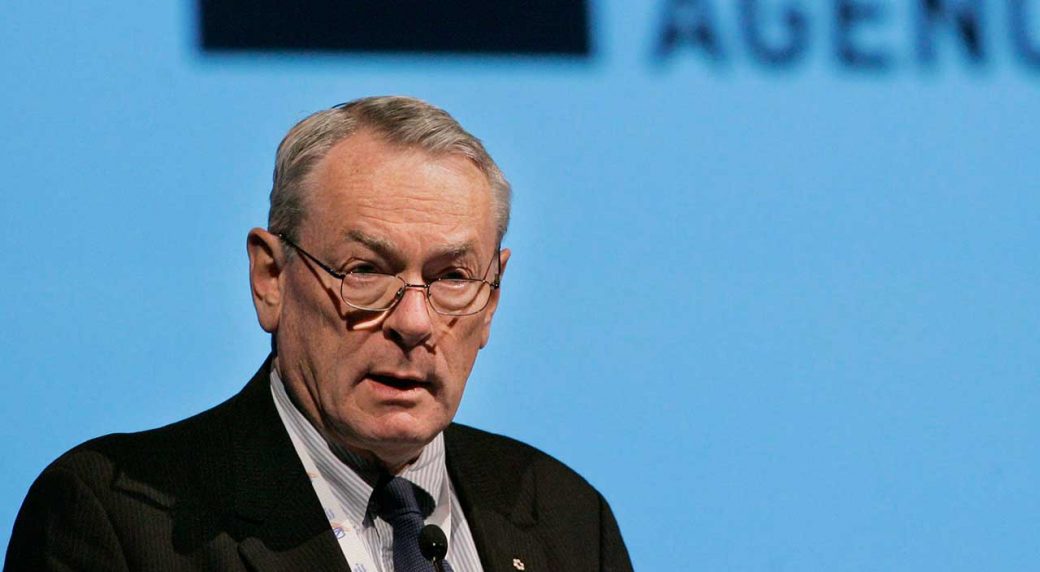Olympic swimming gold medallist Klete Keller has been identified as part of the group which stormed the Capitol Building in Washington D.C. last week - wearing United States Olympic apparel.
OLYMPIC GAMES
Learn more about the Olympic Games
Courier incident adds to IOC sponsor Alibaba’s bad news glut
In business, as in sport, sometimes it never rains but it pours, and in logging on to the Financial Times, website yesterday, eyes were drawn to a headline proclaiming, "Chinese courier sets fire to himself in protest over unpaid Alibaba wages".
ALLIANZ OFFICIALLY BEGINS EIGHT-YEAR WORLDWIDE OLYMPIC PARTNERSHIP
Allianz officially began its eight-year worldwide partnership with the Olympic Movement on 1 January 2021.
The global insurance company will now work with the International Olympic Committee (IOC) to provide insurance solutions and services to support the Olympic Movement.
Since announcing the partnership in September 2018, the insurer has engaged fans, athletes, teams and employees through various health initiatives across four pilot markets: Australia, China, France and Spain. Allianz presented the Australian Olympic Committee’s Wellbeing Week to showcase ways to improve mental health. Allianz also worked with the Organising Committee of the Olympic Games Paris 2024 to encourage people to walk and run for “Club Paris 2024”, an initiative to move and be part of the Games.
“Having announced this new agreement in 2018, our teams have already been working together in key pilot markets to support athletes and the Olympic Movement,” said IOC President Thomas Bach. “As we begin this new Olympic year, we are excited to begin in earnest our global collaboration with Allianz.”
Having supported the International Paralympic Committee (IPC) since 2006, most recently as an international partner, Allianz now also becomes a “Worldwide Paralympic Partner” as part of this agreement, following the establishment of a long-term partnership between the IOC and IPC in March 2018, which sees all Worldwide TOP Partners also supporting the IPC and the Paralympic Games.
“Allianz brings global visibility to the athletes and values of the Paralympic Movement, and we look forward to our next phase working together,” added IPC President Andrew Parsons.
Allianz will now expand its engagement initiatives to connect with athletes and fans across the world. This will include offering consumers and employees the chance to take part in the Beijing 2022 Olympic Torch Relay and engaging young people with the spirit and values of the Olympic and Paralympic Movements at its Allianz Sports Camps.
“Allianz is proud to be the Worldwide Insurance Partner of the Olympic and Paralympic Movements,” said Oliver Bäte, Chief Executive Officer of Allianz SE. “As a supporter of the sports ecosystem and through the shared core values of excellence, friendship, inclusion and respect, Allianz and our 148,000 employees and 100,000 agents are excited to care and deliver for athletes, their families and their ambitions.”
Allianz’s eight-year partnership period will cover the Olympic Winter Games Beijing 2022, the Olympic Games Paris 2024, the Olympic Winter Games Milano-Cortina 2026 and the Olympic Games LA 2028. The company’s support has already seen the Milano-Cortina 2026 Organising Committee move its headquarters into the Allianz Tower in Milan.
IOC's Dick Pound still confident Olympic Games will happen
International Olympic Committee member Dick Pound made headlines this week when he told the BBC he “can't be certain” the Olympic Games will go ahead as planned in 2021 in the wake of rising COVID-19 numbers.
The Canadian clarified Friday during an appearance on Writers Bloc that his confidence level in the Games taking place in Japan this year remains “very high” and that he was merely pointing out the fact there is no certainty with the ongoing pandemic.
“I’m confident that the organizers have done everything possible to make sure that it’ll go smoothly, but who knows what the virus will decide,” Pound said. “So, I’d say I’m three-to-one confident that things will go on.”
Pound said he thought Japan’s decision to declare a state of emergency on Thursday for Tokyo and surrounding prefectures was “a very smart thing” and “timely” because “we’ve still got several months to go and let’s get a grip on the spreading of the virus.”
If the Games manage to begin as currently scheduled on July 23, one question that has arisen is whether or not any spectators will be allowed at certain events.
“Japan will have to decide what access it grants to people from foreign countries and of course the last few months it has essentially shut itself off from that travel, as have other countries,” Pound explained. “They certainly know that the Olympics in Tokyo are not a Japanese event to which a few strangers are invited – it’s a world event that they’re hosting and they’ve got to make sure the conditions for people to come and participate and spectate to the extent you can have spectators.”
The Olympics were originally supposed to take place in 2020 but were postponed due to the pandemic. The IOC has stated if these Games require further postponement they would, unfortunately, be cancelled instead.
“After 18 months of this grind of the pandemic that’s got everybody down, we need some good news stories for the world and what’s a better good news story than 206 countries, 11,000 athletes coming together, celebrating these games and saying, ‘We can overcome these challenges and here’s an example of how it’s done,’” Pound added. “That kind of a message is much-needed by the world at large.”
With files from The Associated Press
IOC seeks Covid vaccines for athletes in second wave so Olympics can go ahead
- IOC: athletes do not want to ‘jump queue’ but must get jabs
- Confidence remains delayed 2020 Games will go ahead in July
The International Olympic Committee is working on ways to get athletes the coronavirus jab in the second or third wave so that the Tokyo Games can go ahead safely in July, the Guardian has been told.
While insisting that we “do not want to queue jump”, IOC sources are hoping athletes from around the globe will be high up on the vaccination list, once key workers and the vulnerable are given the jab.
Several sources in the Olympic movement have also indicated that they remain confident the Games will take place in some form this summer. However the rise of several new coronavirus variants and the steep jump in cases in Japan – which reported a record 5,307 daily cases on Wednesday – has led to a growing desire to get athletes vaccinated in the coming weeks and months.
The IOC is aware that it needs to tread a fine line between ensuring athlete safety and appearing overly pushy, and there were some eyebrows raised in Lausanne on Tuesday when one IOC member, Dick Pound, suggested there would be no public outcry if athletes jumped the queue – and that “it was the most realistic way” of ensuring the Tokyo Olympics went ahead.
Pound, the longest-serving member of the IOC, told Sky News: “In Canada where we might have 300 or 400 athletes – to take 300 or 400 vaccines out of several million in order to have Canada represented at an international event of this stature, character and level – I don’t think there would be any kind of a public outcry about that. It’s a decision for each country to make and there will be people saying they are jumping the queue but I think that is the most realistic way of it going ahead.”
IOC sources stressed to the Guardian that the situation was more nuanced than Pound had made out.
Previously the IOC president, Thomas Bach, has encouraged athletes to have a Covid-19 vaccination before Tokyo 2020 but insisted it would not be an entry requirement. That is partly because there is an appreciation that some athletes’ faith may mean they are uneasy about using a vaccine containing pork-derived gelatin, which is widely used as a stabiliser to ensure it remains safe and effective during storage and transport.
While not commenting on Pound’s comments, or suggestions it wanted athletes to be vaccinated in the second or third wave, the IOC did confirm it would be making “all efforts to have as many foreign participants as possible” vaccinated before the Games.
“Together with the National Olympic Committees, we will make all the efforts so that the NOCs encourage and assist their athletes, their officials and their stakeholders to get vaccinated before they come to Japan,” the IOC said.
“We are doing so, of course, in order to contribute even more to the safe environment in the Games, but also out of respect for the Japanese people because they should be confident that everything is being done to not only protect the participants, but also the Japanese people, by having as many of the visitors as possible being vaccinated.”
The British Olympic Association and UK Sport have discussed how they could get a Covid vaccine to athletes by July but it is understood they are not in active conversations with the government. The BOA chief executive, Andy Anson, said: “The priority has to be the people who need it most; frontline workers, the elderly and the vulnerable. There will come a time, hopefully ahead of the Olympic Games, when the athletes can be considered for vaccination but we’ll only do that when it’s appropriate.”





